
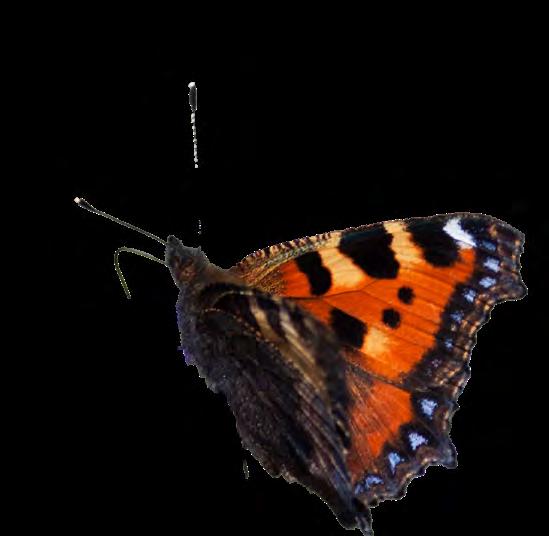
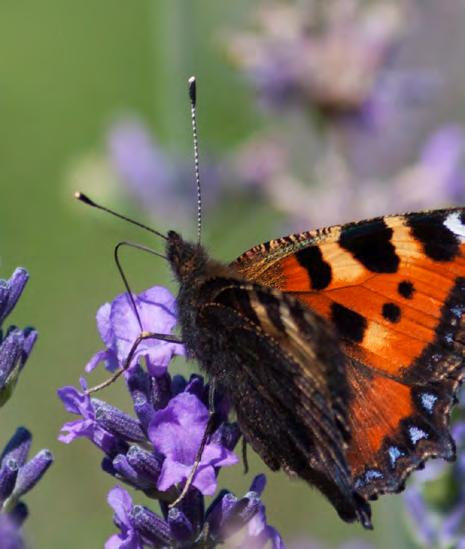
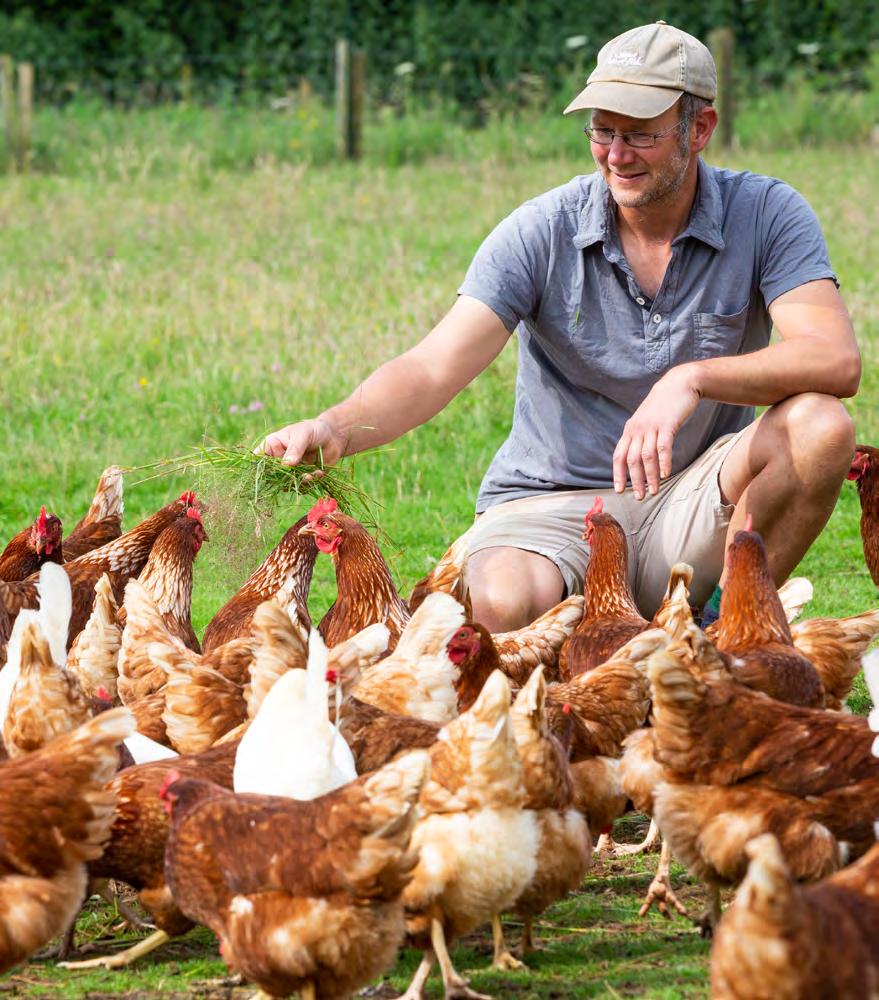










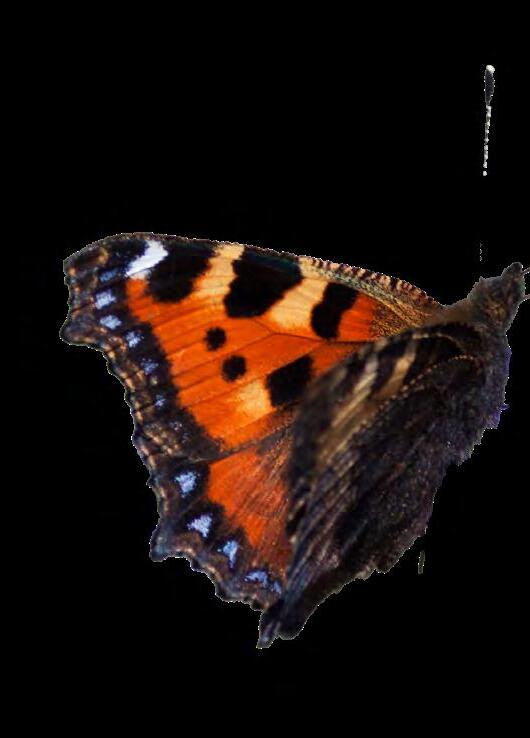

For over 78 years the Soil Association has been championing organic values. Did you know that long-term studies have found that soils on organic farms store more carbon than in conventional systems? That means that choosing organic can go a long way in combating climate change.
We’re delighted to share this Organic Living Guide with you –packed with tips on how to live more in harmony with nature.

Shopping organic is all brilliant way to support a better food and farming future. Our complete guide to buying, planting and harvesting with the seasons on pages 6–7 will help you shop for local, seasonal ingredients which support growers planting with nature in mind. Put this food to good use in the kitchen, with help from food and sustainability champion Tom Hunt. Check out his ‘Roast Beetroots, Labneh and Cumin’ recipe on pages 18-19
We’re proud to be working with Blue Diamond Garden Centres to inspire more people to give nature-friendly gardening a go. You’ll find tips from the Blue Diamond team on pages
14-15 for creating a greener garden that supports wildlife year-round, from planting trees to adding water features.
Organic farming has massive benefits for wildlife – on average, organic farms have 30% more biodiversity. On pages 12–13 we share how you can grow your very own wildlife haven – with our guide to planting for pollinators. We also share tips for turning your food and garden waste into nutrient-rich compost in our ‘How to Compost’ guide on pages 8–9
With events like Organic September, which is an annual celebration of all things organic, we’re working to make nature-friendly, organic products the affordable, accessible option for everyone. Find out other ways we’re working to make this vision a reality on pages 16-17
By downloading this guide, you’ve taken a big step in helping to create a more nature-friendly future. To find out more ways that you can champion food and farming systems which benefit the health of people and the natural world – visit pages 20-21
Thank you once again for supporting the organic movement – together, we can make a world of difference.

Sarah Compson Director of Organic Standards, Soil Association
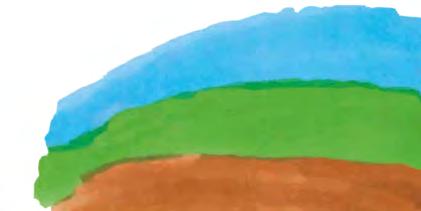


Look after your soil and it will look after you.
Our soils are incredible! They give us life, grow our food, and provide a home for billions of organisms.
Soils store more carbon than the atmosphere and all of the world’s plants and forests combined, with nearly 10 billion tonnes of carbon stored in UK soils alone! We must protect them if we are to move towards a world with good health, in balance with nature and a safe climate.
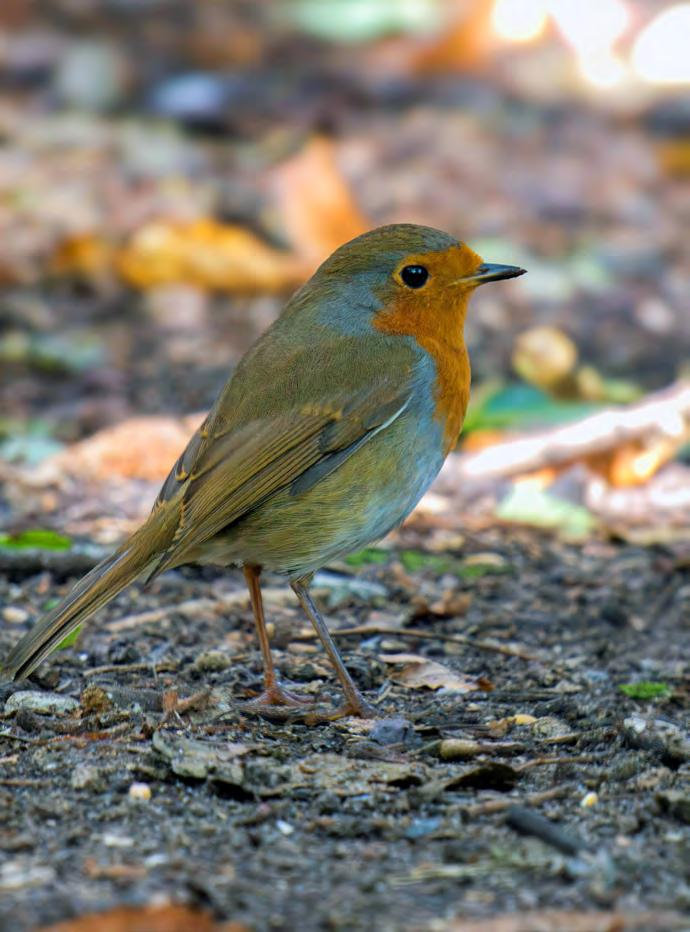
Soils are home to a quarter of the Earth’s species! From the familiar earthworms, to the lesser-known tardigrade and many undiscovered species.
One gram of soil (a quarter of a tablespoon) can harbour up to 10 billion organisms - that’s more than the number of people living on the planet!
Earthworms are a real hero of healthy soils. Their activity offers many benefits, from increased nutrient availability and better drainage, to creating a more stable soil structure.

you can do for a nature-friendly future is to support the Soil Association.Click here to find out more.

By growing a soil saving plant, you’re helping to look after your soil at home, attract beneficial insects and help soils lock in more carbon from the atmosphere, reducing our impact on the environment.
Plants that pull nitrogen from the air help increase the fertility of your soils, while deep-rooting plants stop compaction, promote healthy soil structure, and draw up nutrients deeper in the soil for use by other plants.
Here’s three top choices of soil-saving plants to grow at home:
Try mixing up your grass with clover! Clover improves soils health, attracts beneficial insects - like ladybirdsand promotes a healthy lawn. Use white clover or yellow trefoil, as these species are low growing. Not only is clover good for the soil and the environment, it can also add beautiful colour to your garden.
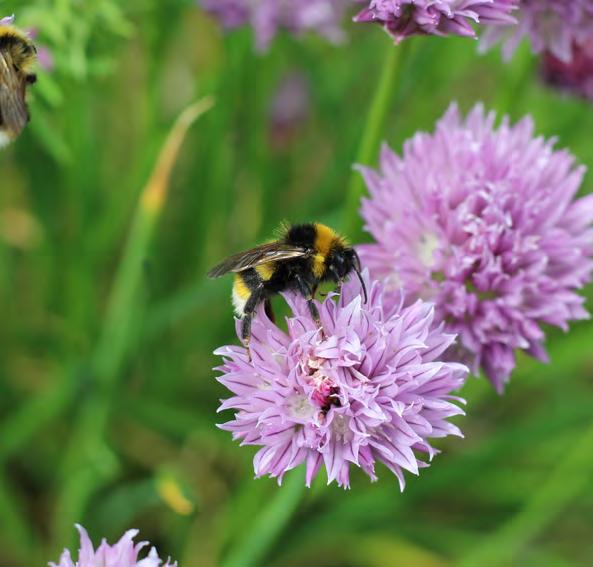
Edible legumes are a great addition to your vegetable patch. Like clover, these crops are nitrogen and carbon fixing - but they also taste delicious. Some easy and tasty options to try are French runner beans and peas. Or, if you’re feeling adventurous, give lentils or chickpeas a go!
Phacelia is a stunning blue flower that germinates very quickly. It can be useful between crops to protect the soil from rain and wind. It also holds onto soil nutrients, preventing them being washed away. You can even sow them in gaps in your flower bed, or when you are waiting for a tree or shrub to grow big and fill a space.
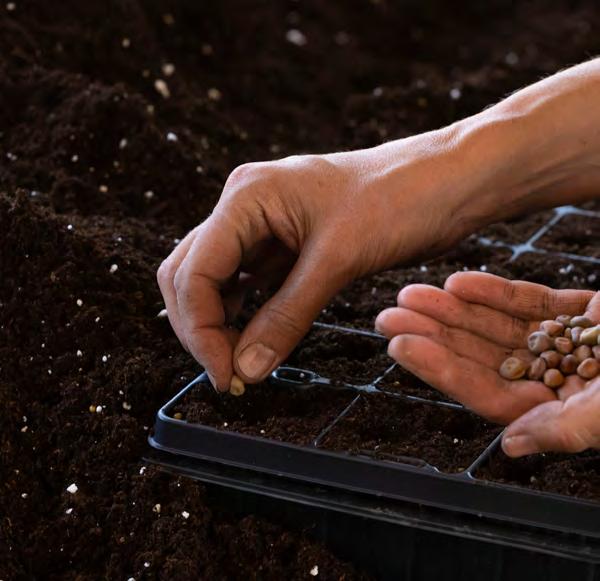
Trees might not be a particularly novel suggestion, but their impact on soil is undeniable. Their deep roots mean that they recycle nutrients, improve drainage, water quality, improve soil structure and sequester carbon. They even help build soil fungi. What’s not to love?
Some trees will even fix nitrogen. Try growing Alder, Gleditsia or Laburnum varieties. But be warned, Laburnum seeds are poisonous when they are young, so if you have pets or young children this may not be the one for you. Even in small spaces, you can grow small varieties or trained fruit trees. As well as being soil-saving, they can produce delicious fruit and can be a stunning addition to any outdoor spaces.



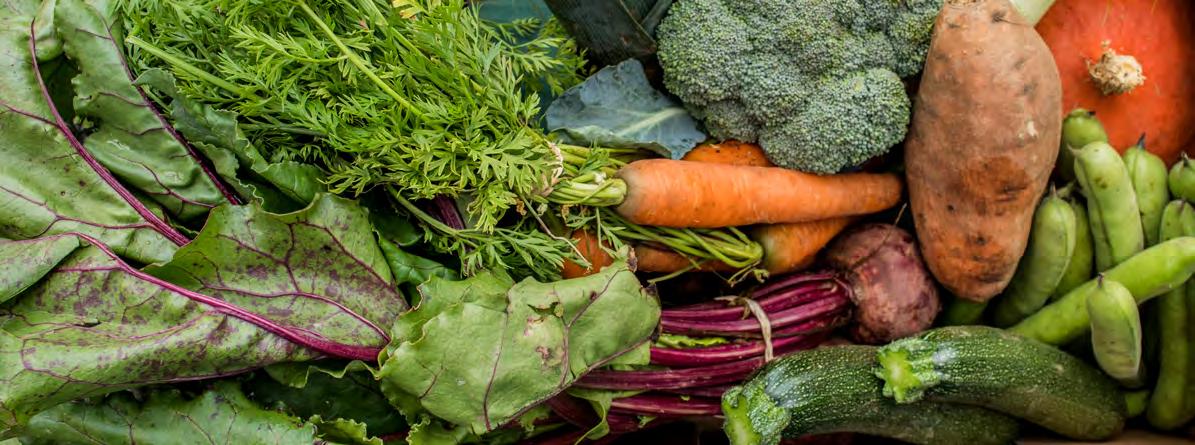
Seasonal food is food that is naturally ripe and ready for harvest in your local area at a certain time of year. Eating organic, seasonal food means we don’t have to import food from different climates around the world. It helps to make our diets more sustainable and reduces our carbon footprint.
Growing your own or even buying seasonal fruit and vegetables is a great way to help the environment. Discover what to buy, harvest and plant each month with our guide to seasonal food.
Getting a local organic box delivered to your door is a great way to eat seasonally and support farmers growing in harmony with nature. It’s also really convenient and can be a great way to eat and cook new types of veg!
From fruit and veg, to eggs, meat, herbs and honey, hundreds of organic farmers offer box delivery schemes across the UK - healthy, seasonal, organic food delivered to your door.
Click here to find a box scheme near you

• Asparagus
• Purple sprouting broccoli
• Spring cabbage
• Cauliflower
Salads and herbs
• Spring onions
• Watercress
• Spinach
• Parsley
• Lettuce
• Radishes
Fruit
• Rhubarb

• Cauliflower and cabbages
• Courgettes
• Beans
• Peas
• Pumpkins and squash
• Tomatoes
• Sweetcorn
• Peppers and chillies
• Carrots
• Leeks
• Beetroot
• Chard


• Artichokes
• Courgettes
• Broad beans
• Aubergines
• Chard
• New potatoes
• Onions
Salads and herbs
• Spring onions
• Watercress
• Spinach
• Parsley
• Rocket
Fruit
• Raspberries
• Strawberries
• Gooseberries
• Blueberries
• Cherries
• Peaches
• Blackcurrants and redcurrants
• Plums
Sow in Summer
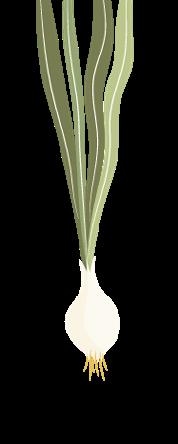
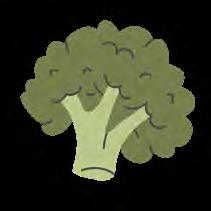


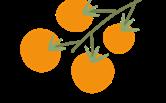


• Root vegetables – parsnips, carrots and turnips
• Broccoli
• Leeks
• Chard
• Courgettes
• Cabbage, kale
• Celery
• Peppers
• Sweetcorn
• Salad crops – lettuce, rocket and fastmaturing radish
• Brassicas – kale, pak choi, winter and spring cabbages
• Radicchio, swede, celeriac
• Beetroot
• Leeks
• Fennel
• Carrots

• Peas – including mangetout and sugar snap peas


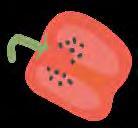
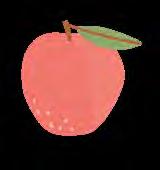
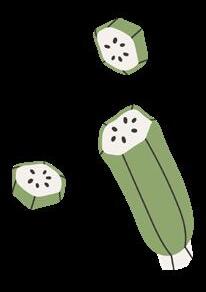
• Winter squash and pumpkins
• Potatoes
Salads and herbs
• Onions
• Garlic
• Cucumbers
• Lettuce
• Spinach
• Fennel
Fruit
• Apples
• Blueberries
• Blackberries
• Figs
• Pears
• Plums
Sow in Autumn
• Broad beans
• Fruit trees
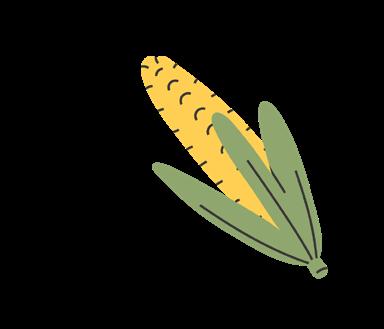

• Brussels sprouts
• Cabbage - kale, red cabbage and savoy cabbage
• Cauliflower
• Leeks
• Potatoes
• Root vegetablesparsnips, carrots and turnips
• Swedes
• Celeriac
• Jerusalem artichokes
Salads and herbs
• Spring onions
Fruit



The best thing you can do for a nature-friendly future is to support the Soil Association.Click here to find out more.
You will come to think of compost as gold when you can see what wonders it can do
You’ll need:
✓ A container; compost bin or a 3 palletsided bay (space permitting you could stake and tie 3 pallets together to form a bay)
✓ ‘Green’ waste (including food waste)
✓ ‘Brown’ material
✓ A corner of the garden
✓ Some time (4-6 months+)
Method:
Mix ‘green’ waste with ‘brown’ material in equal parts – shredded material works best – let it sit for 4-6 months turning occasionally. Use when crumbly and black.

‘Brown’ carbonrich materials: Woody stems, twigs, straw, paper, cardboard
‘Green’ nitrogen- rich materials: Kitchen waste, weeds, grass cuttings, coffee grounds, leafy parts of plants
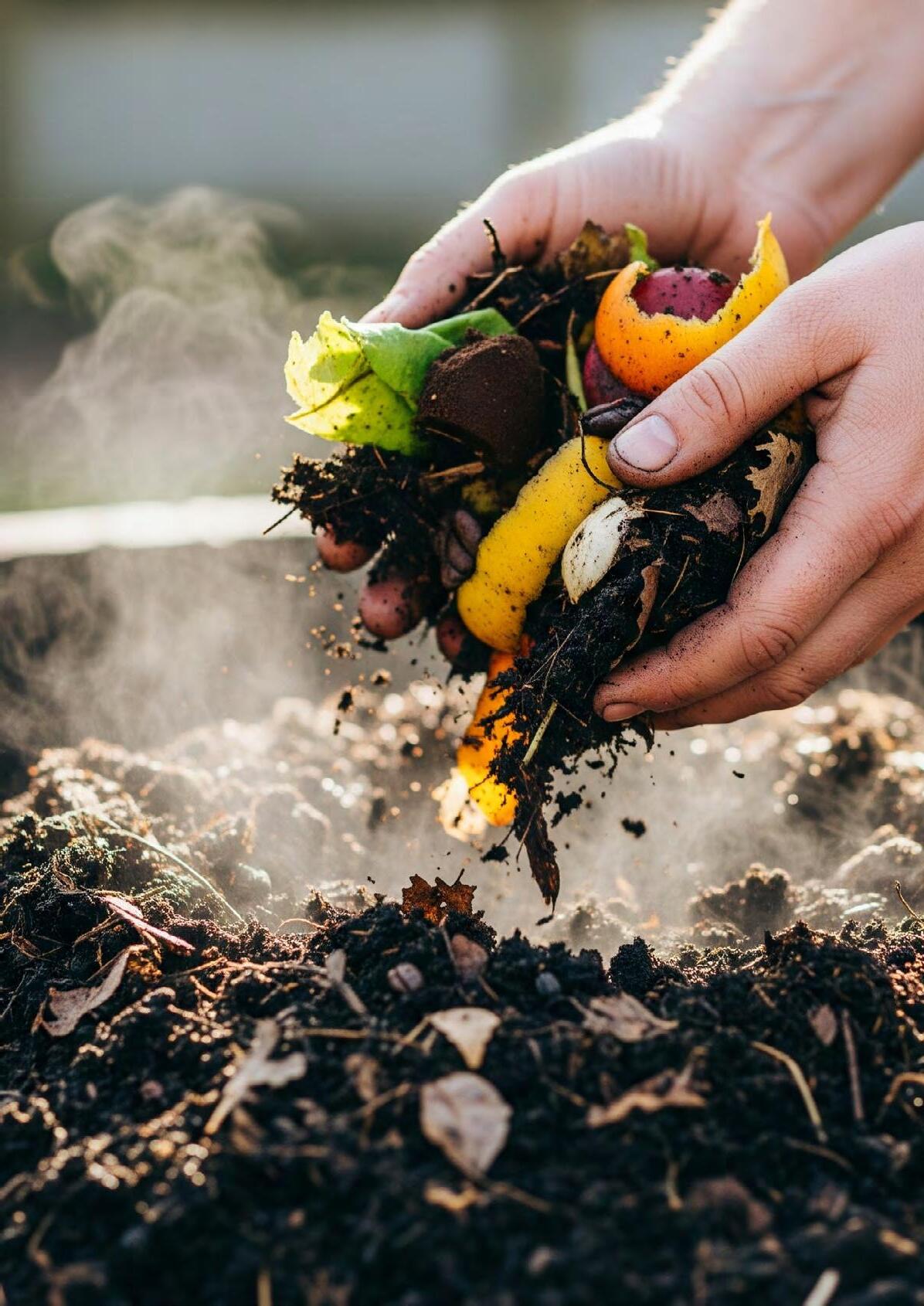


Well-made compost is a great source of organic matter. Added to the soil or to container plants, it will boost biological activity, suppress disease and result in stronger, healthier plants with better yields. And, a compost heap is an excellent way of processing all the organic waste that is generated through the year.
Well-rotted compost can be made in a simple covered heap, turning it backwards and forwards every couple of months so that the materials mix well and the bugs can get to work.
This can be a little messy, though, so in small gardens or urban situations, it makes sense to have a contained compost heap.
There are many commercial ones, or you can make one from old pallets or other reclaimed wood. It helps to have at least two compost areas side by side, so the materials can occasionally be turned from one to the other.
Almost anything of organic origin can be put through the composting process, but in urban areas, you have to be careful about attracting vermin. Stick to adding garden waste, paper and cardboard, and fruit and vegetable peelings.
Woody material needs to be shredded or chipped before composting. You need an even mixture of woody and non-woody material to make a good compost.
Young annual weeds are fine to add as long as they have not gone to seed. However, do not add perennial weeds, because they can survive in the heap and multiply once you put the compost back on the soil. Avoid any grains (bread, couscous and so on), meat and cooked food to avoid attracting rats.
Compost can be ready in as little as six weeks, but it usually takes longer. Regular turning makes sure that all parts of the heap are evenly composted and that it doesn’t get too hot during the process, which can kill off the essential aerobic bacteria.
When the compost has transformed into a black and crumbly texture, it is ready to use as a mulch or soil additive.
If you plan to use the compost to make a growing substrate for your container plants, it is best to cover it with tarp and let it mature for three months or longer. This will ensure that all composting processes have stopped and there will be no adverse affect on plant growth or germination when it is used.
My compost heap stinks!
Tip: It may have gone anaerobic. Always mix greens and browns especially when adding a lot of greens in one go. Don’t compress the compost to make more space. You could use an aerator (long metal poles) to create air channels and or turn the heap once every few months. Healthy, ready compost should not stink – this smell is given off by anaerobic bacteria which occurs when there isn’t sufficient air in the mix.



The best way to help grow the organic movement and support nature is by joining the Soil Association. Click here to find out more.
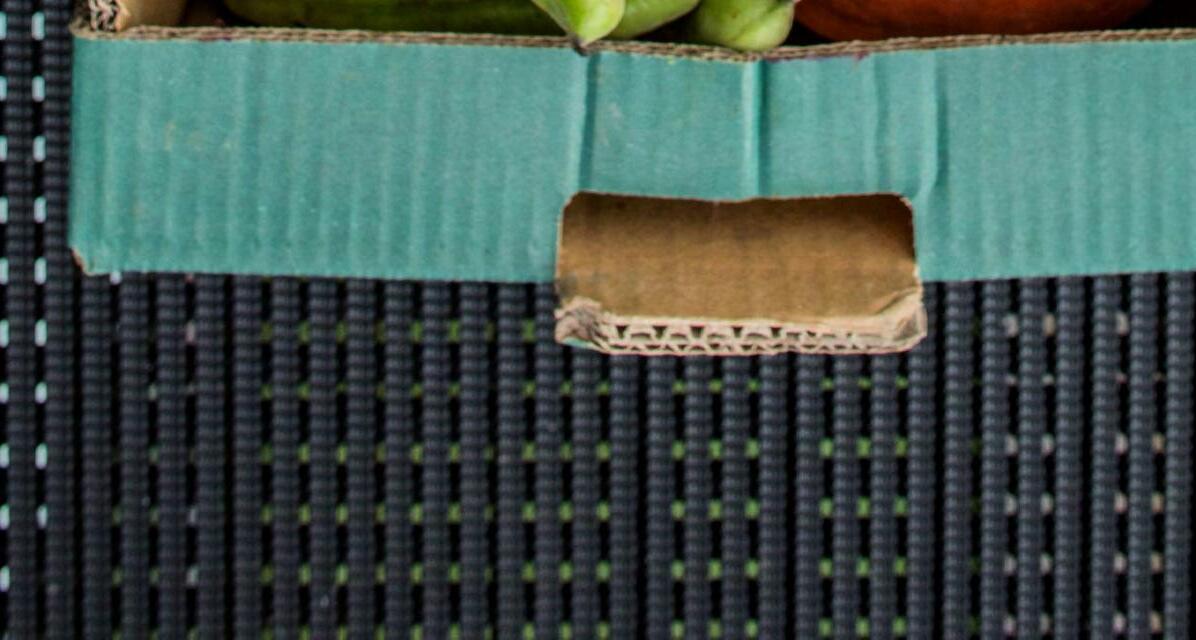
We want to shine a light on the incredible organic champion Phil Haughton whose organic journey started at a young age, when he became a member of the Soil Association aged 14.
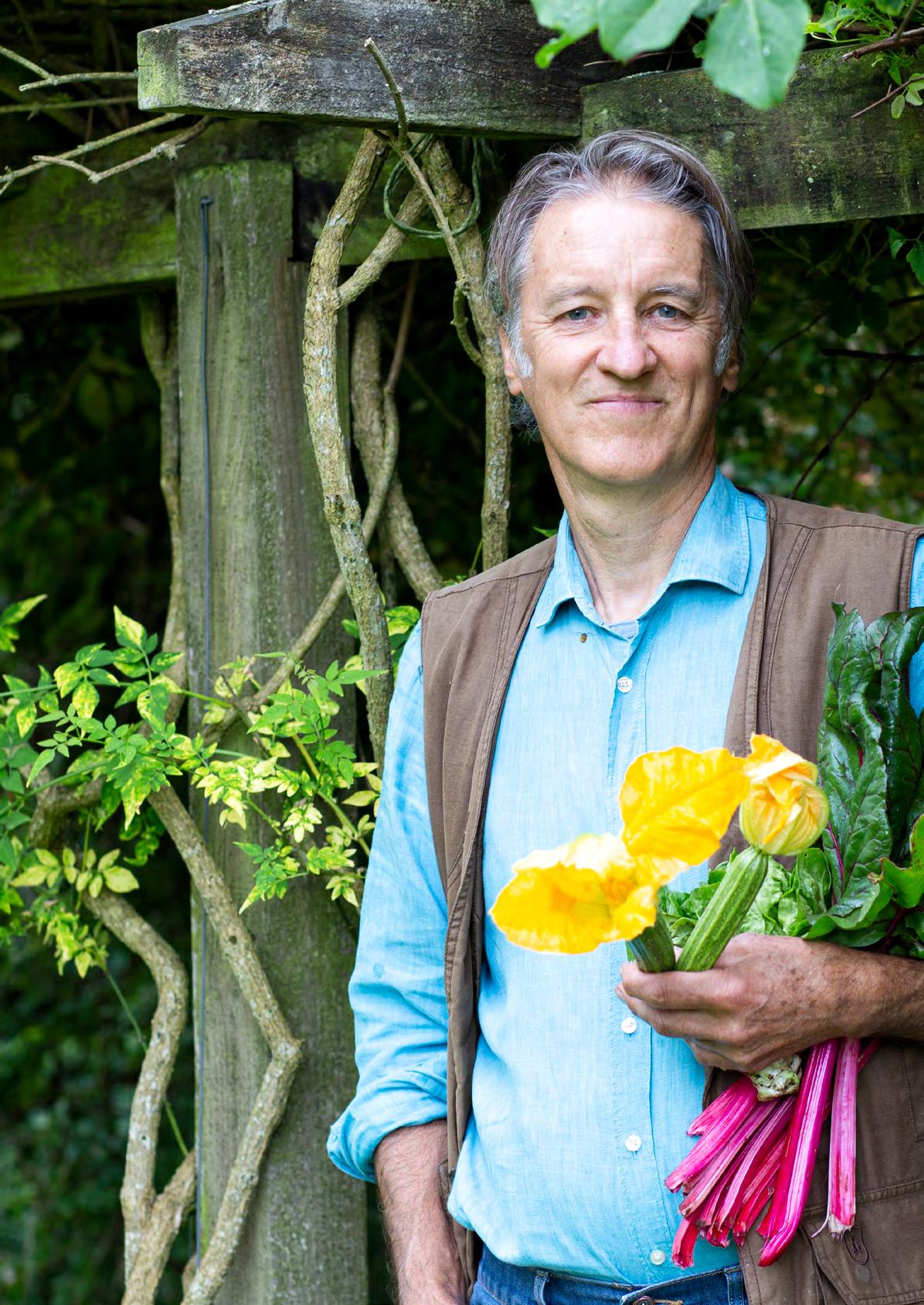
Phil Haughton, founder of award-winning Bristol-based organic retailer Better Food, received an MBE in 2024 for his life’s work to create a better and fairer food system.
Fighting for food justice, supporting our organic farmers and producers and producers, and advocating for the balance of food and nature, have all been part of Phil’s mission and his passion for over 40 years.

“When I think about what has always got me out of bed, it’s really simple. Justice. I hold a huge passion to see justice done, for our soil, our farmers, our children and all communities.”
Phil Haughton
1974 Began working the land, farming organically in a community in Scotland.
1981 Moved to Bristol and worked at Windmill Hill City Farm, teaching children and adults about food and farming.
1992 Better Food was born as ‘Phil’s Better Food Campaign’, an organic delivery box scheme.
2002 Set up Better Food in their current home and first store in St Werburghs. Three more Bristol stores followed, expanding Phil’s mission of bringing a fairer and more sustainable shopping experience to many.
2021 Released his first book, Food for Thought, filled with fascinating stories, tempting recipes and helpful tips — sharing his journey to where he is today.
Phil has served on the Soil Association Council, was a founding member of The Community Farm in Chew Magna and has helped support several other Bristol-based food and farming projects.
He has long been a key player in farming, business and the community in the South West and has devoted his life to building a society engaged in creating a better, fairer and more sustainable world for all.
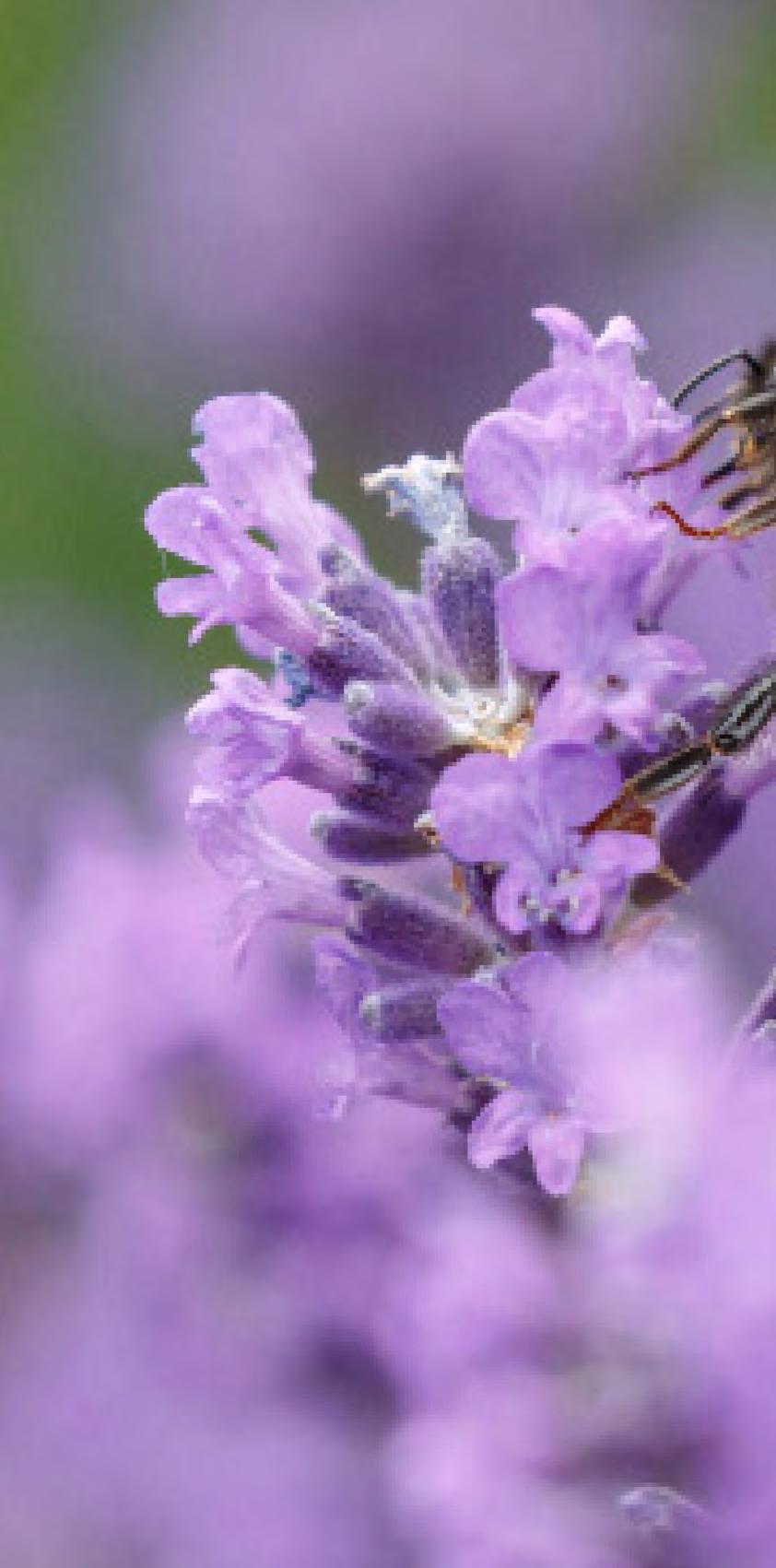
Organic farms are havens for wildlife and provide homes for bees, birds and butterflies. In fact, organic farms have on average 30% more biodiversity! Why is that?
Organic farmers use fewer pesticides and instead rely on a whole ecosystem to keep pests under control, where animals like beetles and birds feed on pests such as aphids and slugs. If organic practices were to replace pesticides, this could reverse the decline in insects!
Plant these bee friendly herbs and flowers at home and help our pollinators thrive.
Common Poppy
Poppies can bloom from early summer, right up until October giving bees months of pollen.
Lavender
Bees can see the colour purple most clearly so this is another great plant for a range of bee species.
Evergreen Clematis
These plants are great climbers – why not use them to brighten up a wall, or drape them over a pergola to provide shade during the summer?
Foxglove
Bees absolutely love foxgloves, and on some days it seems like they’re almost queueing up to crawl inside their many petals.
Teasel
Teasels are a 2 in 1 solution – bees love them when they’re flowering, and birds such as goldfinches love them when they’re seeding.

Nasturtium
Nasturtiums are easy to grow and come in many different varieties. For ultimate ease, make sure to buy a perennial variant to avoid having to re-plant each year.
Bronze Fennel
Bronze fennel is not only a beautiful ornamental plant that looks perfectly at home in your flower border and is a great plant to support bees – it also tastes great. Pick the smallest new shoots in Spring for a burst of aniseed flavour, which works fantastically in salads or herbal tea.
Top tip: cut the plant back to the ground in midsummer to get fresh new growth.
Green Coriander Seed
Coriander is a staple herb for lots of dishes and is easy to grow in pots on your windowsill. It does have one small problem, though: it goes to seed easily, making the leaves quite tough and bitter.
Don’t throw the plant out at this stage, however – you can grow it on and harvest the seed. The unripe seeds have a flavour between the fresh leaf and the dry coriander seed. You can scatter the soft seeds in salads, add them to pasta dishes or throw them in smoothies for an unusual tang.

To be sure flowers are actually bee-friendly, we recommend ensuring they are certified organic. Look out for the Soil Association Organic logo
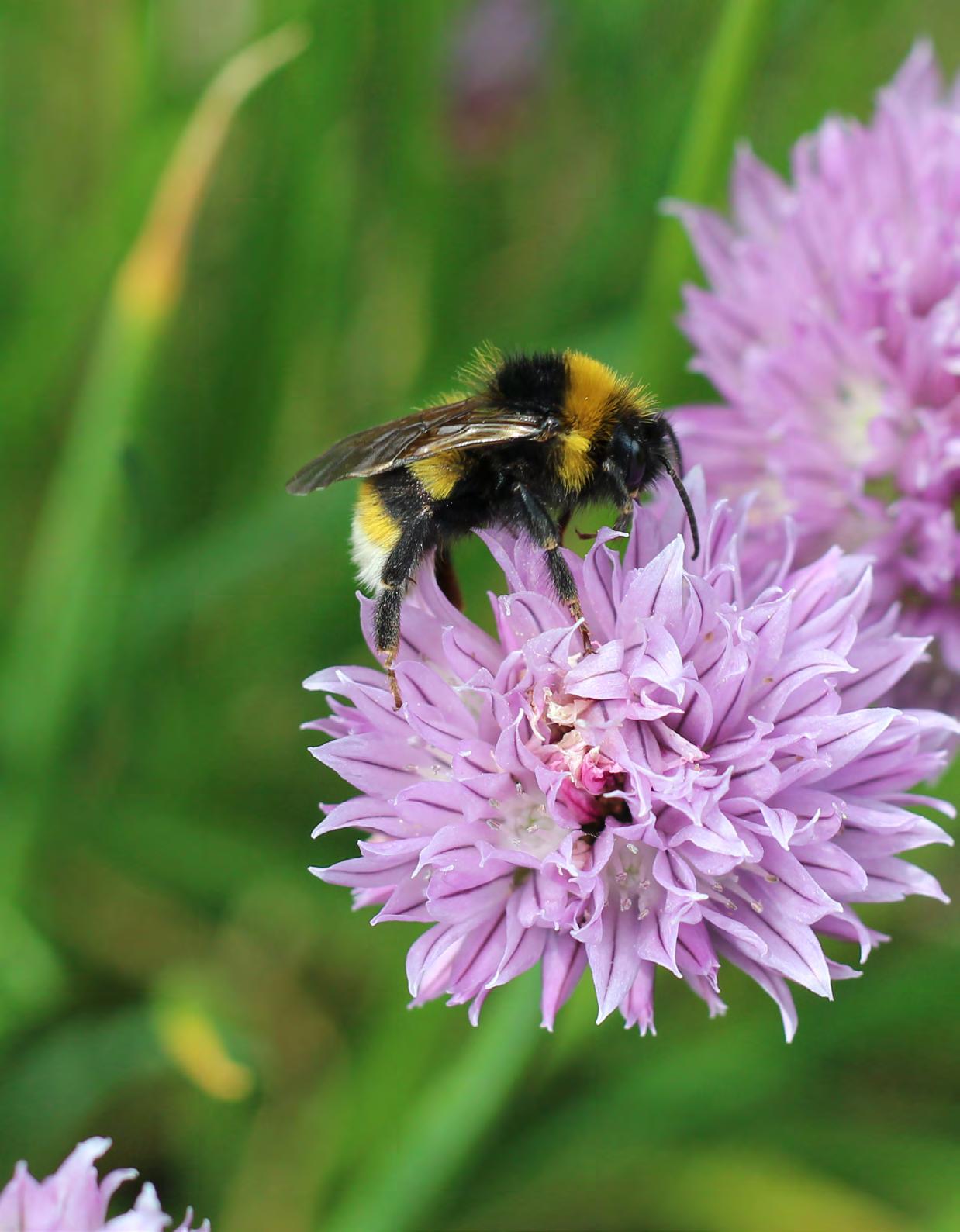
The best way to help grow the organic movement and support nature is by joining the Soil Association. Click here to find out more.
Chives are almost indestructible but keeping a supply of fresh leaves isn’t easy –especially when the weather gets hot and dry. But don’t worry – the leaf isn’t the only part of the plant you can eat. The young flowers are also delicious. They taste of onion and can be quite powerful, so make sure to use them sparingly. And don’t forget to leave some for the bees, who love them!
Thyme is one of the most well-known herbs, and really hardy. It suits a range of growing spots, doing equally weIl in borders, pots in the garden or on the windowsill. It’s also a particular favourite of our buzzing friends. There are lots of different thymes, and lemon thyme combines the familiar punchy aroma of thyme with fresh lemon overtones. Cut the fresh young sprigs when they’re flowering, and you also get a peppery note as a cheeky bonus.
Basil
If you’re a fan of home-made pizza, having a fresh supply of basil on your windowsill or in your garden is a must. Basil isn’t too hard to grow from seed and can thrive either in pots or in a greenhouse. In a sunny year you can even grow a good crop outdoors.

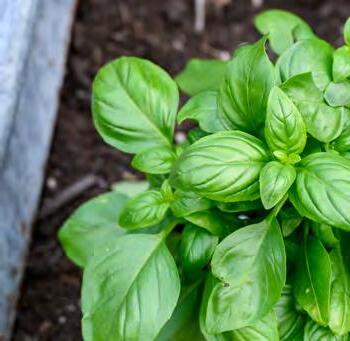
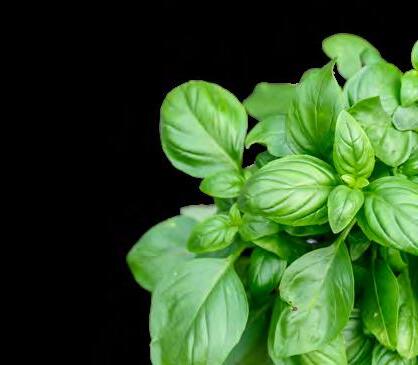




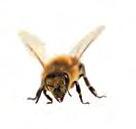

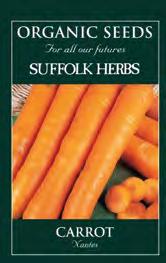

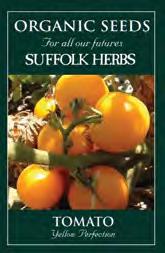
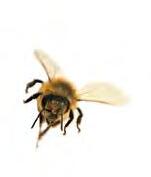
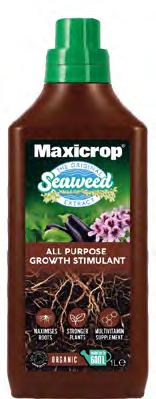


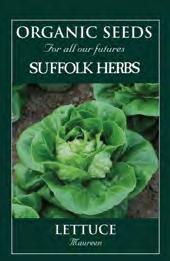
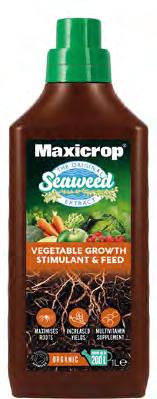



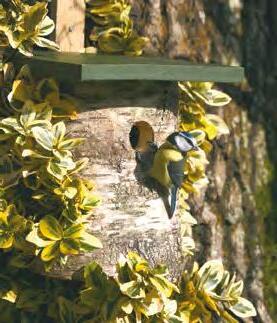
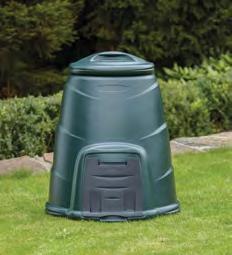



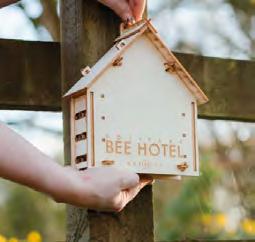

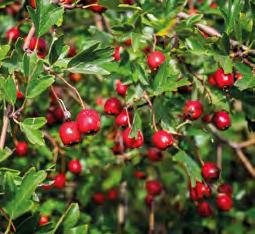
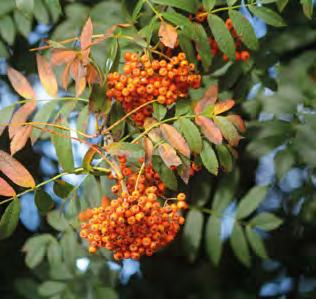


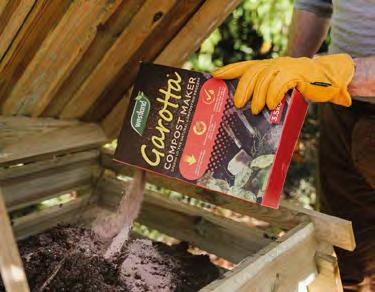

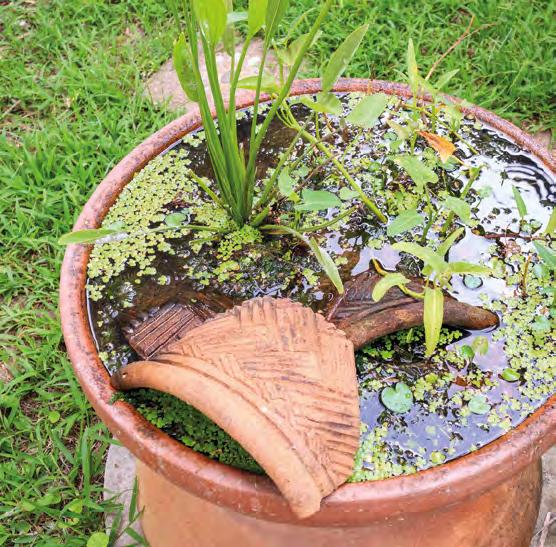
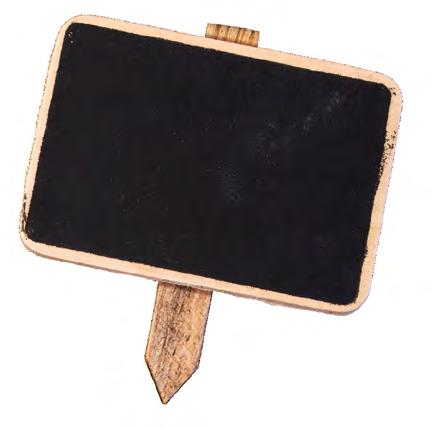





by Sarah Compson

We know that organic food is better for our health, as well as for wildlife, nature, and the climate. But right now, organic food is out of reach for many of us – and we think that’s an outrage.
We should all be able to buy food which is good for us and the planet. That’s why we’ve launched Organic for All – a new vision for the UK organic sector with the aim of making organic food affordable, available and accessible for everyone in society.
We need more support for UK organic farming
Did you know that only 3% of our farmland is organic, compared to over 10% on average across the EU? We’ve got a lot of catching up to do when it comes to nature-friendly farming.
We’ve stepped up our work promoting stronger support from government for organic farming, so that more farmers are incentivised to switch to organic and farm in harmony with nature. We’re also increasing demand for organic food by linking up organic producers with places like schools and hospitals – putting healthy, sustainably grown food in the places it’s needed most.
In Scotland, we’re working with our friends at Sustain to link local organic farms with schools in Aberdeenshire to provide organic peas for a whopping 8,000 school meals
a day. It’s a win-win situation – providing healthy, nutritious food for school children, whilst providing local organic growers with a steady demand for their produce. Together, the schools and farmers can thrive. We need more initiatives like this to ensure organic farmers can continue to grow – with our Organic for All campaign, we’re making this happen.
Organic food shouldn’t be a privilege, it’s a right
Four out of five people think everyone should have healthy food, but less than one in ten think it’s affordable to most people. It’s simply wrong that we don’t have access to food that doesn’t harm our bodies or the planet – and the stats show that public appetite for better food is growing.
The UK may not be a frontrunner when it comes to organic, but our ‘Organic Market Report’ released in February 2024 showed that organic sales are growing faster than organic land area is in UK. It’s time we stepped up organic production in the UK and made sure everybody can access healthy and sustainable food.
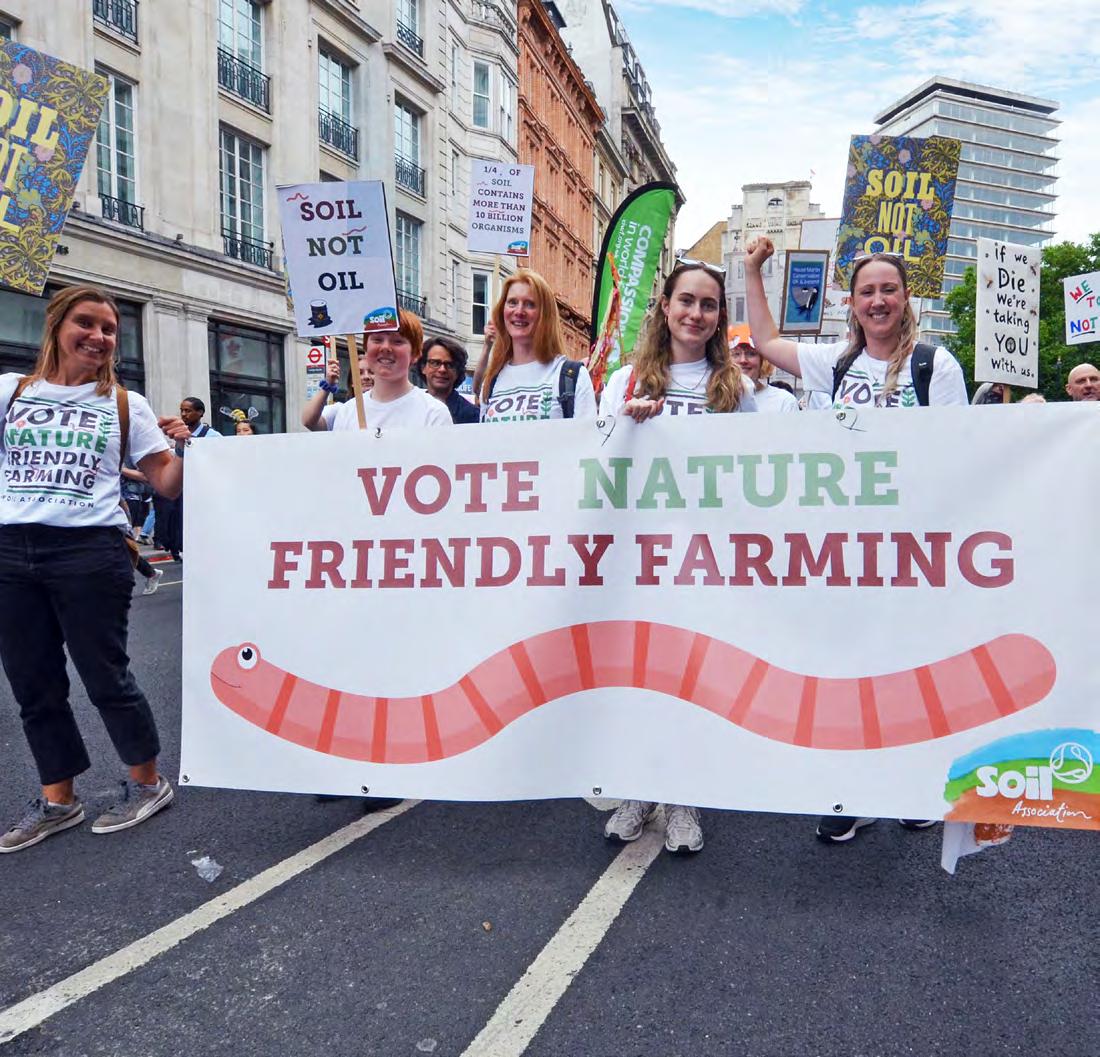
We have the power to vote for the world we want to see, through our food
It can feel daunting to go out and protest, or to buy an electric car, but we all eat. By making small changes in our shopping habits – and choosing organic products when we’re able to – we can vote for the world we want to see. A world where food is produced without pesticides that harm our native wildlife, and without fossil-fuel fertilisers which pollute our air and rivers.
When you buy an organic product, you’re not just supporting a producer growing in a
Together, we can make organic affordable, available and accessible to all, with huge benefits for climate, nature, and health.
Click here to find out more about our vision for Organic for All.
way that supports nature. You’re contributing toward a set of principles – working with nature, being fair to one another, looking after our natural world, and taking care of future generations and the environment.



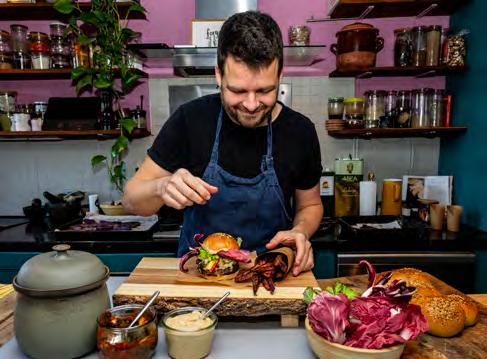
Celebrated eco-chef and sustainability champion, Tom Hunt shares a favourite Organic September recipe. Delicious as part of a mezze or served simply with a green salad, this recipe will have you eating with the seasons.
“When beetroots are plentiful and sweet, I love to eat them with cumin and yoghurt, so I created this recipe to combine those flavours in a salad. It is really easy to make your own labneh. Simply strain thick, full fat yoghurt in a piece of cheese cloth or in a tea towel. Tie a knot around the top of the cloth and tie it up to let the whey drain away. Leave overnight. In the morning you will be left with a soft curd type cheese.” Tom Hunt
Waste not
Put a bowl under the labneh as it strains and keep the whey as a drink or lassi. Add a spoon of the labneh back into the whey and stir. Its lovely with a little pinch of salt and cumin or if you prefer a pinch of sugar. For an even bigger burst of flavour, blend with a mango.
Ingredients
• 3 medium beetroots, peeled and cut into wedges
• 2 pak choi or any greens, trimmed and cut in two
• 1 clove garlic, peeled and thinly sliced
• 1 tbsp sesame seeds, toasted
• 200g full fat yoghurt, strained the day before to make labneh
• A pinch or two of cumin, toasted
• Olive oil
• Lemon, zested and squeezed
Method
Pre-heat the oven to 200°C
First roast the beetroot in the oven. Toss the wedges in olive oil, salt and pepper, cover with foil and pop in the oven. After half an hour, remove the foil to allow them to take on a little colour. After another 20 minutes or so the beetroot should be soft. Allow to cool.
Sear the pak choi in a wok or frying pan for just a minute, then add the garlic, a squeeze of lemon and a little seasoning. Remove from the heat.
Season the labneh with a squeeze of lemon, a teaspoon of lemon zest, olive oil, salt, pepper and a little cumin, adjust to taste.
Combine the beetroot and pak choi, add the rest of the lemon zest and adjust the seasoning. Spoon onto a serving plate.
Place spoonfuls of labneh among the beetroot. To finish sprinkle sesame seeds and cumin over the top.
If you can, look for certified organic yoghurtthis means the milk comes from cows grazing freely in pastures with no chemical fertilisers or herbicides
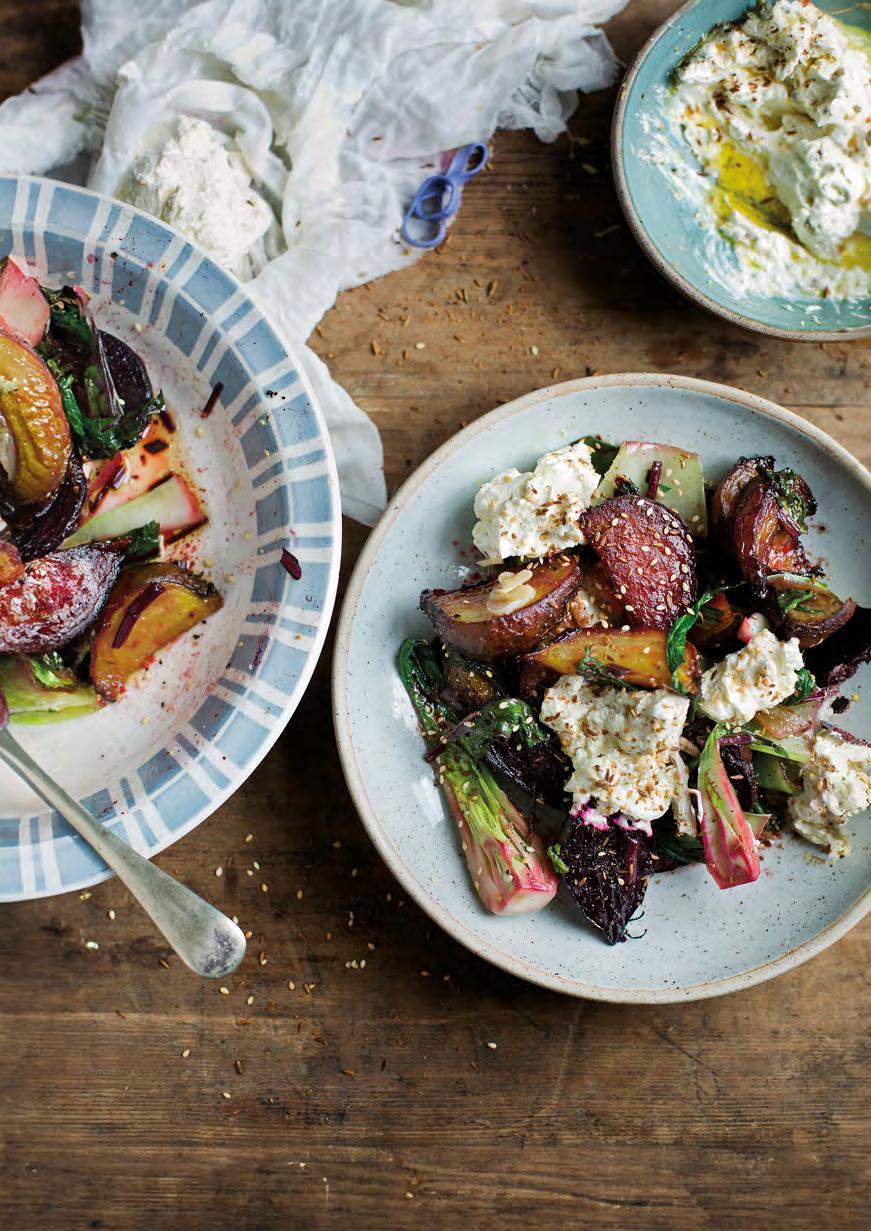



As you read this, 35 species of UK bees face extinction. species of UK wildlife currently face extinction 1 in 6
Our bees’ disappearance will trigger a devastating cycle of events for our wildlife, environment and the food we eat. At the Soil Association we’re doing everything we can to stop this happening. But as a charity we need your support.
• We’re supporting farmers to grow their crops in ways that work in harmony with nature, such as planting more trees and allowing wild plants to flourish.
• We’re helping farmers grow their crops without the pesticides that have been killing bees in vast numbers.
• We’re also calling on the government to support farmers to use naturefriendly farming methods, which don’t rely on dangerous pesticides.
Become a member today to receive your FREE Pollinator Pack
As a thank you for your support, we’ll send you a Pollinator Pack full of the tools and inspiration to create a paradise for bees in your own garden, including:
✓ Bee Spotter Guide: a beautifully illustrated, digital poster featuring common British bees.
✓ Chive seeds: a packet of organic chive seeds certified by Soil Association Certification (a bee’s favourite!) to plant at home.
✓ Bee Lover’s Garden Guide: a 5-part email series with simple, expert tips to help you protect bees and encourage more wildlife.
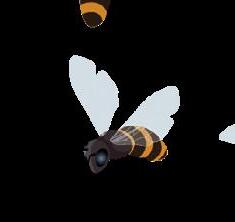
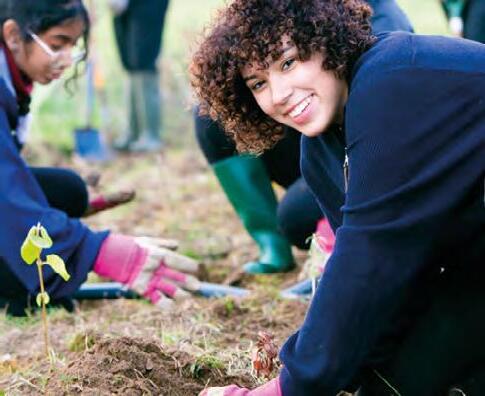

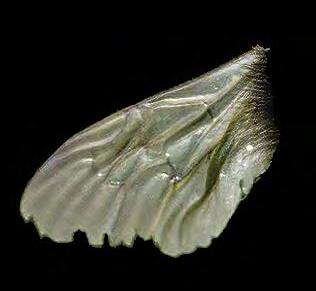







Our partnership with Blue Diamond Garden Centres is rooted in a shared commitment to greener, more nature-friendly gardening. Together, we’re championing natural alternatives, and raising awareness of the benefits of organic - for our planet, for us, and for our bees and other vital pollinators. Visit bluediamond.gg for more information and to find your nearest garden centre.
Garden Centres

Joining forces for nature-friendly gardening



